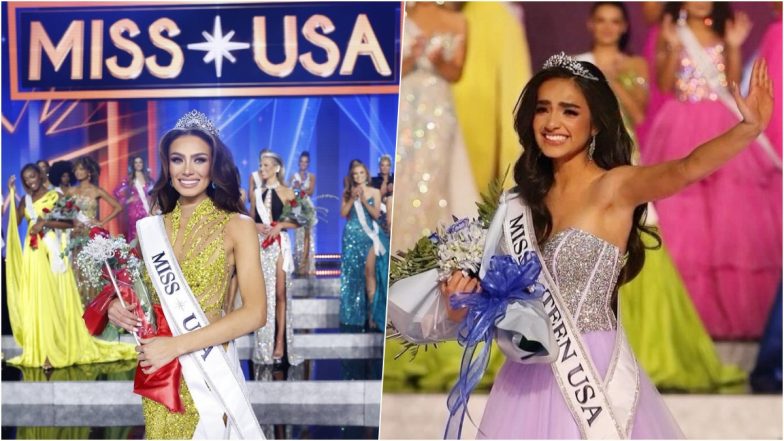Colorado’s unaffiliated voters can continue to participate in Republican primary elections, a federal judge ruled Friday, in the latest blow to the state GOP’s attempts to close its races to independents.
The ruling comes more than five months after the Colorado Republican Party filed a lawsuit seeking to invalidate Proposition 108, the 2016 ballot measure that opened up the state’s political primaries to unaffiliated voters.
The GOP had asked the court to void the measure as unconstitutional and to allow the party to more easily close its primaries while the lawsuit plays out. The ruling does not end the overall lawsuit, though it keeps the current system in place ahead of the state’s June primary elections — and it serves as an indication that the broader suit is unlikely to succeed.
The state’s presidential primaries are set for March 5. The GOP’s lawsuit didn’t challenge a separate ballot measure that allowed for unaffiliated participation in those primaries, too.
Colorado is home to more than 1.8 million unaffiliated voters, according to the court’s ruling, and nearly exceeds the number of registered Democrats and Republicans combined. Ahead of primaries, unaffiliated voters receive both parties’ ballots in the mail and can choose to vote in one, but not both.
“We are glad that the court today decided that unaffiliated voters, who make up nearly 48% of all Colorado voters, can continue to make their voices heard in state primaries,” said Secretary of State Jena Griswold, a Democrat, in a news release.
Members of the Colorado GOP have sought repeatedly to close its primaries to unaffiliated voters, arguing that allowing non-Republicans to participate dilutes the candidate pool and harms true conservative candidates.
The party’s chair, Dave Williams, unsuccessfully sought to opt out of the open primaries last year in a vote of the party’s central committee, and a similar lawsuit was dismissed in 2022.
U.S. District Court Judge Philip Brimmer wrote that research “demonstrates that the likelihood of party raiding, which is defined as voters changing their affiliation to vote in a rival party’s primary for the specific purpose of weakening that party, is very rare.”
He also said there was no evidence that unaffiliated voters’ participation led to more moderate Republican candidates or that Proposition 108 was unconstitutional.
In a statement, Williams said it was “a shame this judge relied on the false testimony of RINOs like Dick Wadhams,” referring to the former state GOP chair, a critic of Williams who testified for the state, as a “Republican in name only.” Williams said there was one “victory” in the ruling — “the court reaffirmed our party’s legal right to decide our internal processes for opting out.”
The party can still close its primaries under the same mechanism it unsuccessfully pursued last year (and in years past).
Under Proposition 108, three-quarters of the party’s central committee needs to support the decision to opt out. In its lawsuit, the GOP argued that the threshold was too high, but Brimmer said the limit didn’t violate the constitution and that the party had managed to surpass a 75% vote before.
Stay up-to-date with Colorado Politics by signing up for our weekly newsletter, The Spot.







